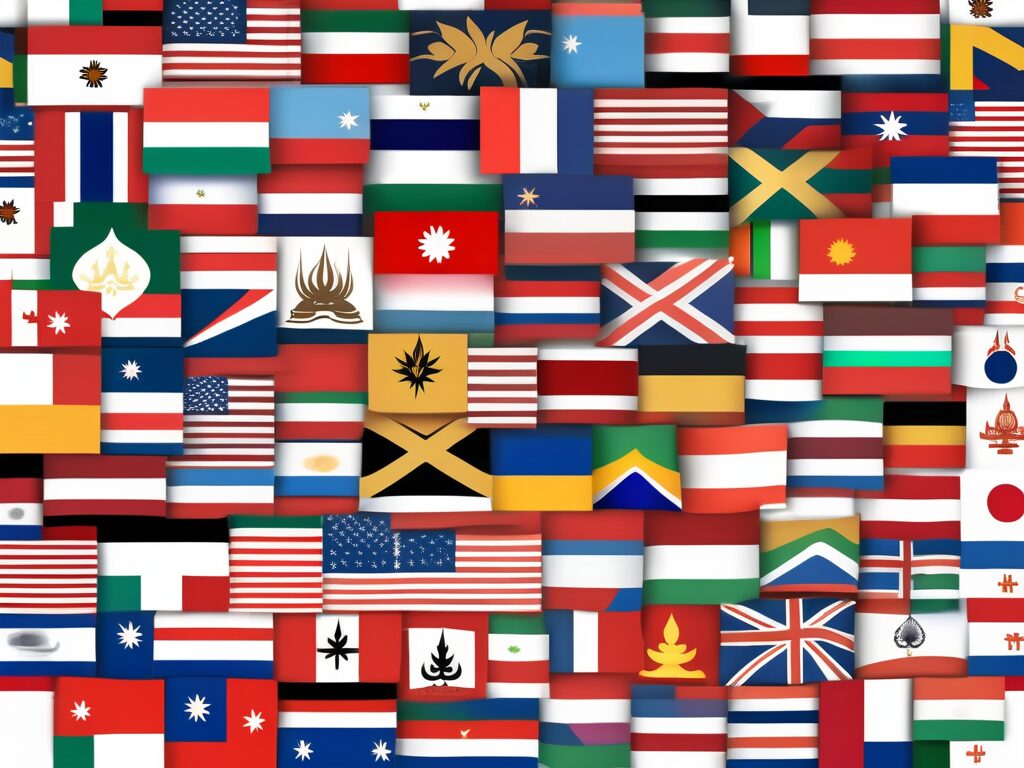Navigating Multicultural Classroom Challenges in Thailand: 2025 Guide
Thailand, a nation celebrated for its diverse cultural heritage and welcoming spirit, is increasingly confronted with the complexities of globalization within its educational framework. As the Thai education system evolves, it faces distinct challenges, particularly in the realm of multicultural classrooms. This guide aims to provide education consultants and international teachers with a comprehensive overview of the challenges encountered in these environments and to propose actionable solutions to enhance educational outcomes.
Understanding Multicultural Classrooms
Multicultural classrooms are defined as educational settings where students from a variety of cultural, ethnic, and linguistic backgrounds converge to learn. This diversity enriches the educational experience but also necessitates a nuanced approach to teaching and learning. The effective management of such classrooms requires educators to recognize and celebrate diversity while ensuring inclusivity and equity among all students.
Challenges in Multicultural Classrooms
In the context of Thailand, several challenges arise within multicultural classrooms that require careful consideration and strategic intervention.
Language Barriers
Language barriers represent a significant obstacle in multicultural classrooms. With students originating from diverse linguistic backgrounds, effective communication can be compromised. In Thailand, where Thai is predominantly used as the medium of instruction, non-Thai speaking students may experience difficulties in comprehension and participation, leading to potential academic disengagement.
Cultural Differences
Cultural differences among students can also pose challenges. Each student brings unique beliefs, traditions, and behavioral norms to the classroom. In Thailand, the cultural emphasis on respect for authority may conflict with the expectations of students from more egalitarian backgrounds, resulting in misunderstandings and classroom disruptions.
Curriculum Limitations
The curriculum in multicultural classrooms must be inclusive and reflective of the diverse student body. However, the Thai educational curriculum is often criticized for its focus on Thai-centric content, which may alienate students from other cultural backgrounds. This lack of representation can hinder students’ sense of belonging and engagement in the learning process.
Strategic Solutions
Despite these challenges, there are several strategies that can be implemented to foster a more inclusive and effective multicultural classroom environment.
Language Support Initiatives
To mitigate language barriers, schools should consider implementing robust language support initiatives. This may include:
- Offering additional language classes tailored for non-Thai speaking students.
- Employing bilingual teaching assistants to facilitate communication and comprehension.
Such measures can significantly enhance students’ ability to engage with the curriculum and their peers.
Cultural Competency Training
Providing cultural competency training for educators and students is essential in addressing cultural differences. This training can equip participants with the skills necessary to understand and respect diverse cultural perspectives. Recommended actions include:
- Integrating cultural sensitivity training into teacher professional development programs.
- Organizing cultural exchange activities to promote mutual understanding among students.
Curriculum Diversification
To create a more inclusive curriculum, educational institutions should strive to incorporate diverse cultural perspectives into their teaching materials. This can be achieved by:
- Including literature, historical accounts, and examples from various cultures in lesson plans.
- Encouraging project-based learning that allows students to explore and present their cultural backgrounds.
Such initiatives can foster a sense of belonging and validation among all students.
Conclusion
In summary, while multicultural classrooms in Thailand present a range of challenges, they also offer significant opportunities for enriching the educational experience. By addressing language barriers, cultural differences, and curriculum limitations, educators can cultivate inclusive learning environments that promote academic success and personal growth for all students. The journey towards achieving this goal is essential for harnessing the full potential of Thailand’s diverse educational landscape.
Enhance Your Teaching Career with IPGCE
As the demand for skilled educators adept in navigating multicultural classrooms continues to rise, the International Postgraduate Certificate in Education (IPGCE) offers a transformative pathway for professional development. This program is designed to elevate your qualifications and connect you with a global network of educational professionals. Seize the opportunity to advance your career, increase your earning potential, and join a community dedicated to excellence in education. Enroll in the UK’s leading Teacher Training Course today and become the educator that multicultural classrooms require.

